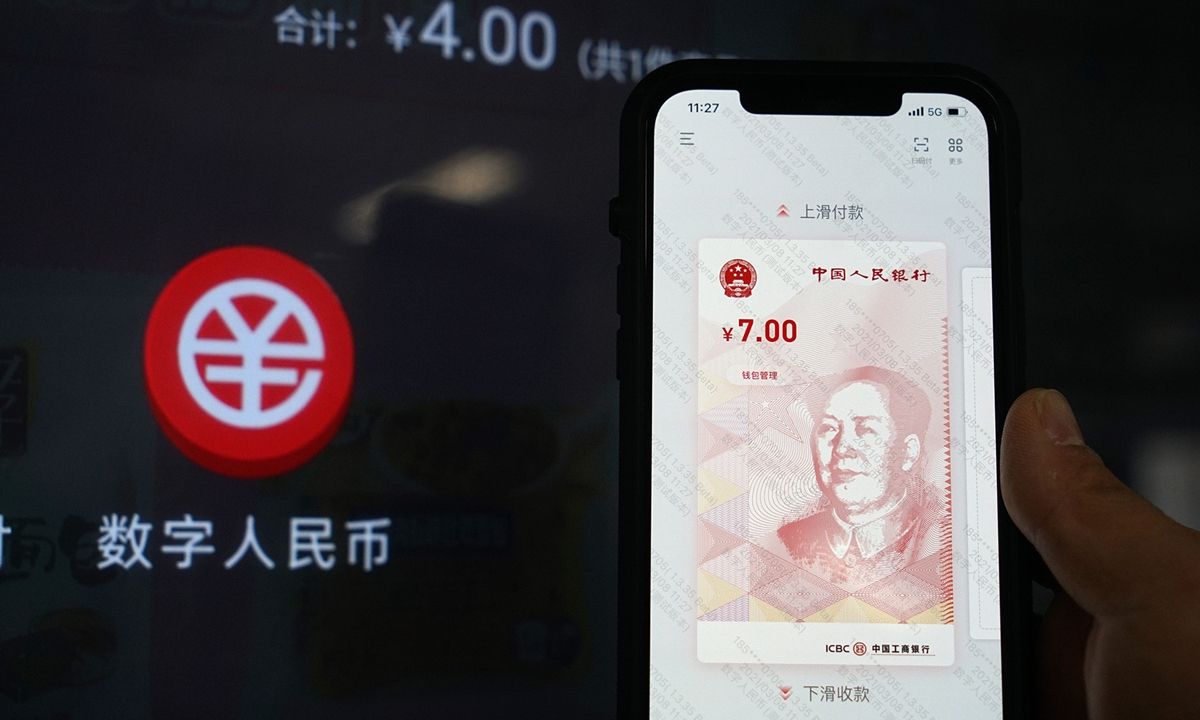China’s CBDC goes mainstream as the number of active wallets hit 140 million

According to the head of the People’s Bank of China’s Digital Currency Institute, Mu Changchun, the total number of individuals and institutions holding digital yuan wallets reached 140 million and 10 million, respectively at the end of October 2021.
During the Hong Kong Fintech Week conference last week, Changchun revealed that the digital yuan (popularly known as E-CYN) generated 62 billion yuan ($9.7 billion) from a total of 150 million processed trial transactions.
By the end of June, the number of active wallets and the total transactions had increased by 525% and 86%, respectively from 24 million wallets and 34.5 billion yuan.
During the Hong Kong Fintech Week conference last year, the PBoC Governor Yi Gang reported that the pilot program had spent 2 billion yuan in 4 million transactions from trials in only four cities. Comparing this to the October figures, e-CYN transaction volumes rose by up to 3,000% within a year.
This rise was inspired by the expansions of trials to over twelve regions covering both the public and retail sectors.
Changchun also stated that the four types of e-CYN wallets issued to customers are much better at protecting customer privacy than regular digital payment services, as they require lesser transaction information.
China’s aim is to completely eradicate its fiat currency and replace it with the digital yuan for all payments. The trials have been favored by the increased popularity of central bank digital currencies (CBDCs), even though an official launch date for the e-CYN is yet to be announced.
The e-CYN is currently the most advanced CBDC project in the world, and it was tested on extensive use cases ranging from salary payments, lottery, subway transport, cross-province payments, chain restaurants, food delivery services, shopping, and campus expenditures.
China also revealed plans to test the digital yuan with foreign investors during the Beijing Winter Olympics in 2022 back in April, much to the dismay of some lawmakers in the US. However, the deputy governor of the PBoC, Li Bo, said that the goal of the e-CYN is not to replace the US dollar or any other international currency but to provide more options for international investors and traders.
It is suspected that the launch date for the digital yuan has not been set because the Asian nation is waiting for the 2022 winter games as the perfect platform to test e-CYN for international tourism.
Check our guide of the most promising crypto




